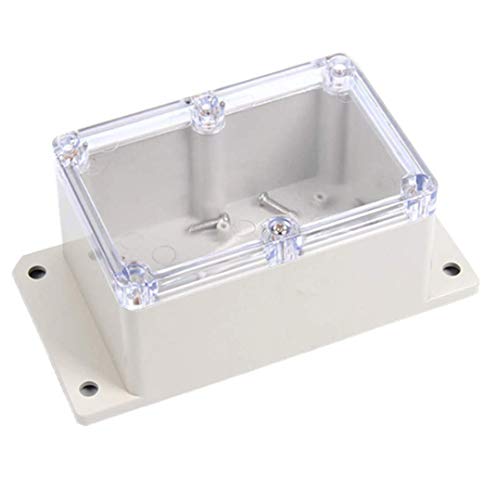I used the analogy already established. However to use my own, would you take your car to be repaired then tell the garage you will pay them after you've driven round for a week to make sure its ok?Of course in certain circumstances such as a larger job or contracted maintenance, an invoice would be issued with delayed payment terms but I think in the situation of a domestic re-wire the customer would expect to pay on completion unless they didn't know the job would be finished. When the job is complete and the cert issued the customer must trust that the contractor has finished the job, just as the contractor must trust that the customer will pay him. If this trust is abused then both parties must use the proper channels for thier grievance. The issue of cowboys, comebacks etc has nothing to do with payment, thats what trading standards, county courts etc are for. A sole trader who has just spent 2 weeks on a domestic re-wire understandably needs a wage. His wholesaler might wait a month but his bank won't for the mortgage. Neither will Tesco's! :^O
I think the situation for payment would actually be whatever the terms and conditions are on the agreed contract..
As stated previously it is not difficult to write a contract for domestic works....
and if you are on a longer job, you include part payments at suitable stages so you are not out of pocket at the end even if the last payment is delayed.
It is not uncommon for a customer not to know what the final bill is with electrical work due to minor variations and changes during the course of the work.
i.e. the final balance may be higher or lower than originally estimated...
If the customer has to transfer funds between their accounts or maybe obtain a building society cheque then to expect them to have this immediately ready the day you finish is a bit unrealistic IMHO...
Which is why I have 10 days terms for final payment, allowing them a weekend to go to the bank/building society....
With your garage illustration... this will be as per the terms you agree with the garage...
when my car goes in for service I the customer sign a bit of paper at the start of the work saying I agree with their terms...
Also I doubt you would go and hand over some money for a new car until you have given it a test drive and checked all the electric windows, door locks, CD player etc.. all work?
Yet your customer is expected to hand over final payment just because you say it all works?
giving them a couple of days to check they are happy will NOT break any business..
As for paying your own bills mortgage etc.....
If your business is running that close to the wire the business is not likely to survive very long anyway...
Go have a read of any book about self employment.. (any trade you like)...
Key rule repeated time and time again is keep at least 2 months preferably 3 months funds in the bank to cover basic essential living costs as any sole trader has erratic income even when business is good...
IT IS NOT LACK OF WORK OR LOW ORDERS THAT KILL MANY BUSINESSES.... ITS MANAGING CASHFLOW!!!!
1000'S of companies large and small have failed with full order books.. but cash flow is the killer!
Which is why even as small trader keep contracts clear and payment terms easily defined and agreed by both parties...
A problem many electricians have is just to dive in and do work without having formal signed contracts with thier customers...
If in this case there is a signed contract and the customer is in breach of it...
Then I would assume penalty clauses and additional costs will be going to Badger...?
TBH I am a bit unclear in this particular case about what or how much is outstanding and/or how it was agreed ..
1/ All of the payment for the whole job.. materials and labour?
2/ Just a final labour balance payment? (materials already paid for)
3/ Breach of a previously agreed written contract signed by customer?
4/ Just a verbal can you do this work ASAP, we will do it for































































